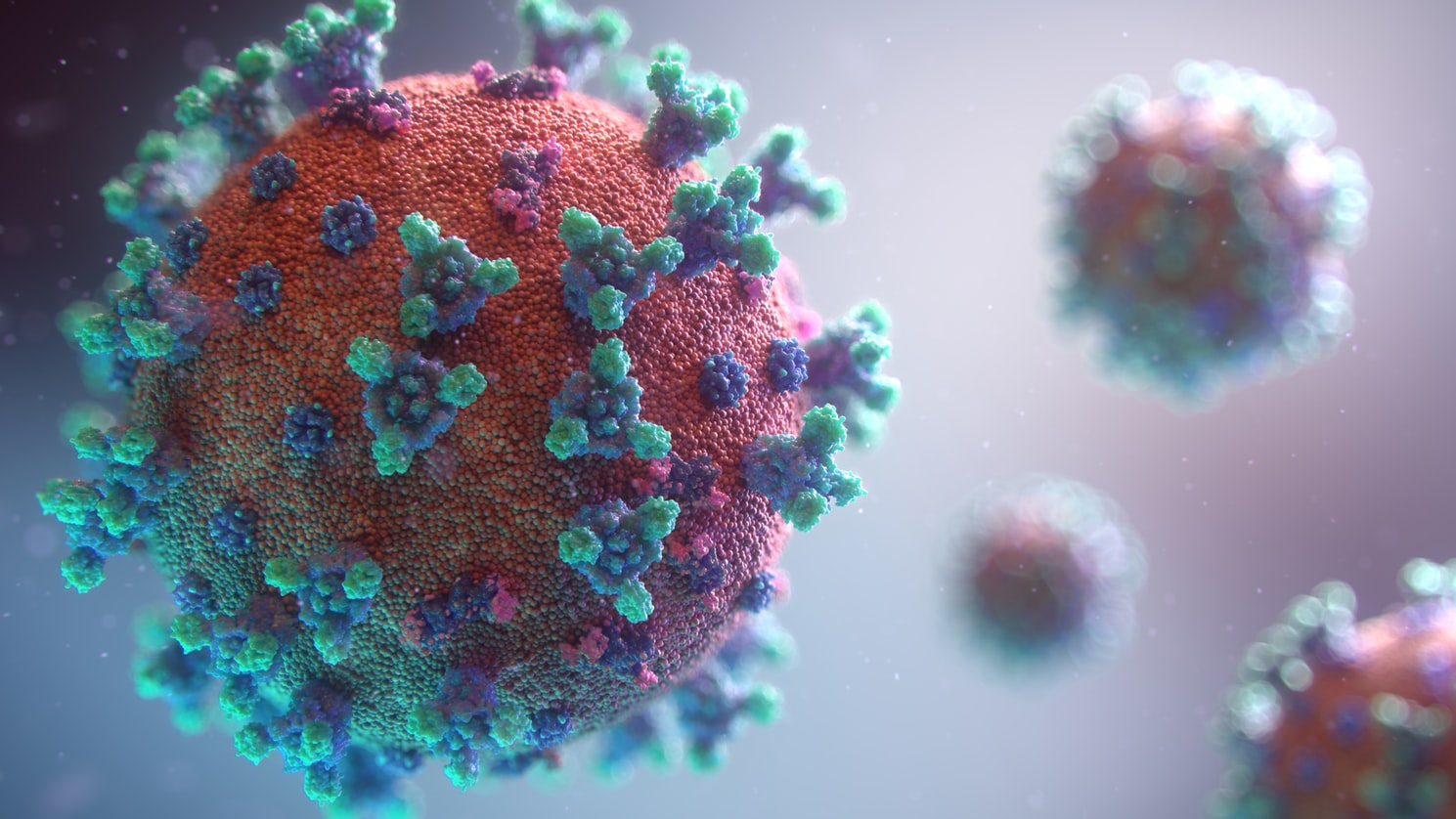
The Bright Side of COVID-19
By now we are all overly aware of the enigma that is COVID-19, or Coronavirus. Coronaviruses are a combination of viruses that affect animals, and through meat consumption can also affect humans. The COVID-19 pandemic has sparked global terror; toilet paper and hygiene products are scarce, racism has become an ignorant defence mechanism, and there is violence amongst citizens in supermarkets. This is not the right way to respond.
Before you start to panic, let’s look at some important statistics.
Things to Remember
- 80% of the first 425 deaths in mainland China were in people over the age of 60, and 75 per cent had some form of underlying disease. So, if you are young and healthy and have not been in contact with the virus, do not worry. This also means that taking extra precautions to ensure that we stay healthy is a good idea, even without the virus in circulation.
- The death rate is dependent on location and access to good health care. According to the WHO, the death rate in Wuhan (where the virus originated) is 2-4%, whilst in the rest of China and the world, it is approximately 0.7%. It is currently less dangerous than other diseases such as fellow coronaviruses, SARS and MERS.
- According to Chinese governmental data on the first 44,000 cases, 80% of cases are mild.
- Several companies have begun programs in search of treatments for the virus, some of which are currently already in trial.
- Over 79 000 people globally have recovered from Covid-19, one of these being Zhang Guangfen who is 103 years old!
- China have closed their last emergency hospital for the virus as a lack of building cases.
Lessons to be Learnt
- We are all connected. This pandemic exemplifies the universal connection and community that exists; one person gets sick, and the virus has suddenly spread globally. This is why it is important to understand the extent and effects that we as individuals can have on others, both negative and positive. Italy is practising positive unity during their lockdown.
- Our excessive economies damage our environment, and our communities’ health. The coronavirus is ironically doing favours for the environment. The water flowing through the canals of Venice is clear for the first time in years. There are finally blue skies in China. Animals are coming closer to our cities.
- Panic in a pandemic only exaggerates negativity rather than uniting in a peaceful way to deal with it as a whole. When individuals overbuy food, hand sanitiser, toilet paper, etc. it means that others cannot buy any. This imbalance will only spread viruses as it means that people without necessary sanitary products have an increased likelihood of catching and spreading germs. Panic also lowers your immune system and, ironically, increases your chances of becoming sick.
- The media often shares negativity and fear rather than positivity, so do not get sucked into the thrill of this ‘pandemic’.
- When dealing with a pandemic, we as an international community begin to respond immediately in all kinds of ways, but where is this kind of energy when it comes to other more pressing issues? Scientists and communities have been begging for action regarding climate change which will have longer-lasting consequences than the coronavirus, yet there has been a less significant reaction.
What You Can Do
- Practice healthy hygiene by covering your nose and mouth with a tissue (not your hands!) when coughing/sneezing, frequently washing your hands, phone and other commonly touched surfaces and carrying personal hand sanitiser.
- Boost your immune system. There are simple ways to do this, try apple cider vinegar and garlic as natural antioxidants. Exercise, meditate and try other ways to naturally enhance your immunity.
- Avoid touching surfaces in public spaces. This is something the majority of us are doing unconsciously all the time!
- Listen to your body. If you experience true symptoms of the virus, there is no harm in getting checked. If you need to self-quarantine, there are plenty of useful tips circulating at the moment. Do not be afraid to ask your community for help. This is a time of unity, not fear and avoidance of each other.
- Help your community. Stay inside. If you have more than you need, share it. If you have less than you need, ask for it. Do not fear each other; do not be racist; do not be derogatory. These recent reactions only further escalate the pandemic.
- Do not buy into the panic – it will not help. Be responsible, be smart and be safe.
More useful links on COVID-19 include:


